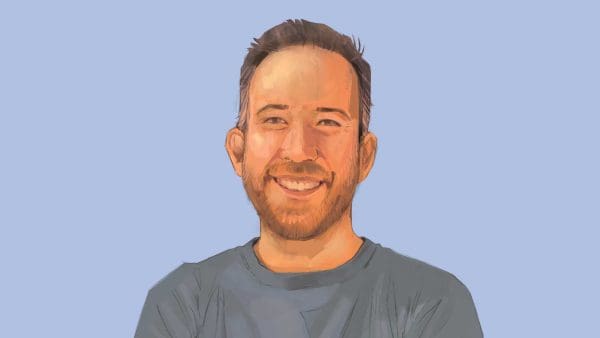Behavioral Economist

Education
- 1977 Bachelor’s degree, quantitative studies, Johns Hopkins University
- 1979 MBA, finance, University of Chicago
- 1981 PhD, behavioral decision theory, University of Chicago
Work History
- 2008-Present: Robert Kirby Professor of Behavioral Economics at California Institute of Technology
- 1994-2008: Rea A. and Lela G. Axline Professor of Business Economics at California Institute of Technology
- Previous appointments include University of Chicago, University of Pennsylvania, and Northwestern University.
Notable
- A pioneer in the field of neuroeconomics, the scientific study of how brain activity drives economic decisions. His work links neuroimaging with empirical behavior in topics like habit, game theory, self-control, and risk.
- Named a MacArthur Foundation fellow in 2013.
- Hosted a TEDx talk, “When you’re making a deal, what’s going on in your brain?,” among his many speaking engagements.
- Chair of the Russell Sage Foundation Behavioral Economics Roundtable from 2007 to 2015.
- Entered Hopkins at age 14 and graduated with his BA at 17. He earned his MBA and PhD from University of Chicago by age 22, becoming an assistant professor at Northwestern University when he was 21 and still finishing his PhD requirements.
In His Own Words
Skepticism is like fuel. It means you’re on to something interesting.”
OZY.com, 2019
Historically economics as a profession is timid about measuring and collecting new kinds of data. This is an unfortunate contrast to scientific innovation in most other fields, where new methods and data lead the way.”
Pacific Standard, 2013
Neuroeconomics is about 90 percent neuroscience and 10 percent economics. We’ve taken mathematical models from economics to help describe what we see happening in the brain.”
The Chronicle of Higher Education, 2012





